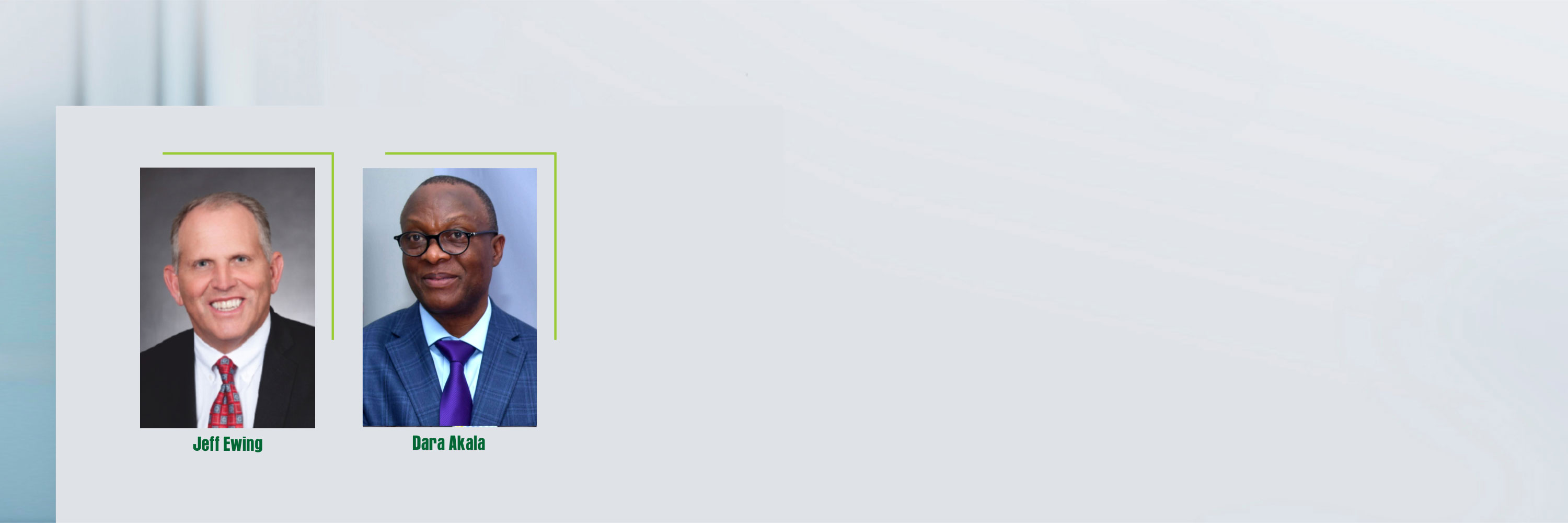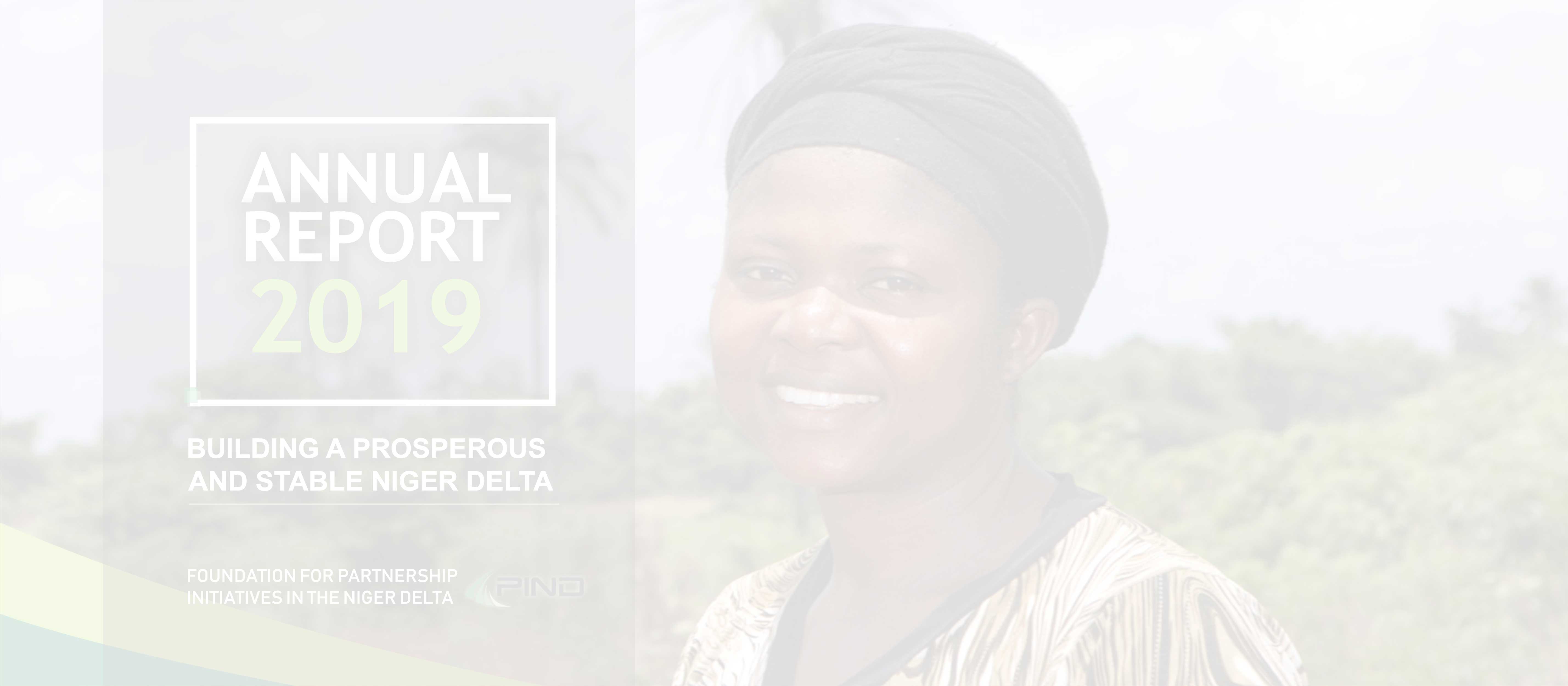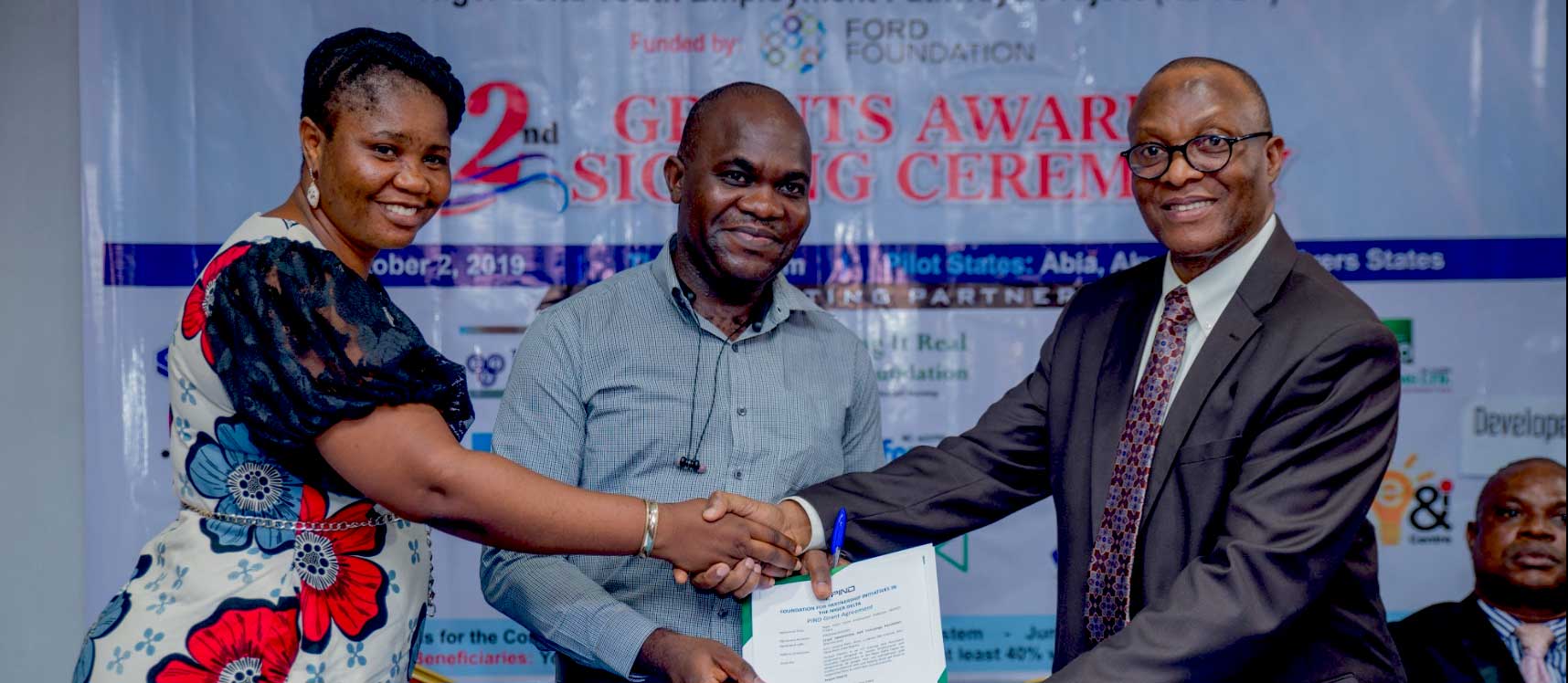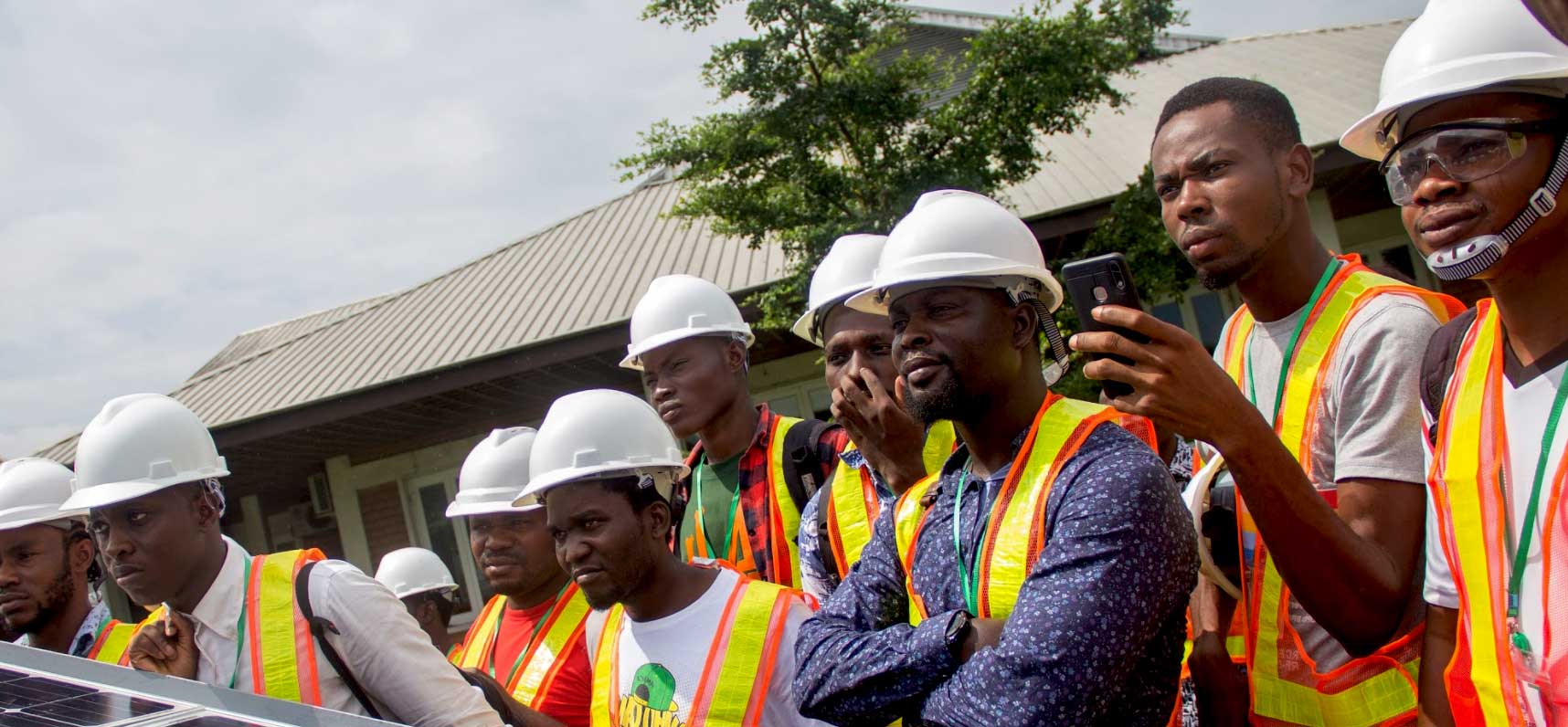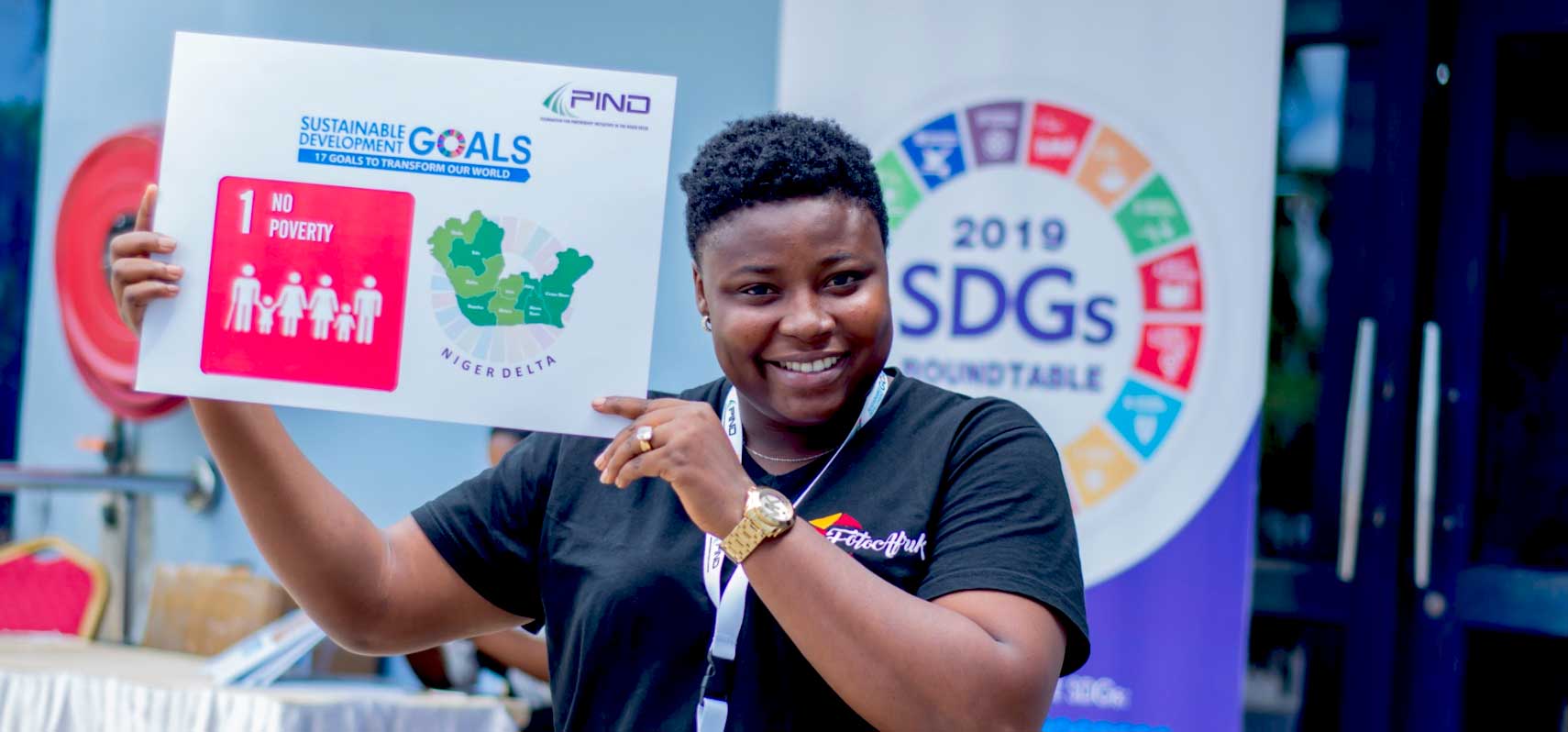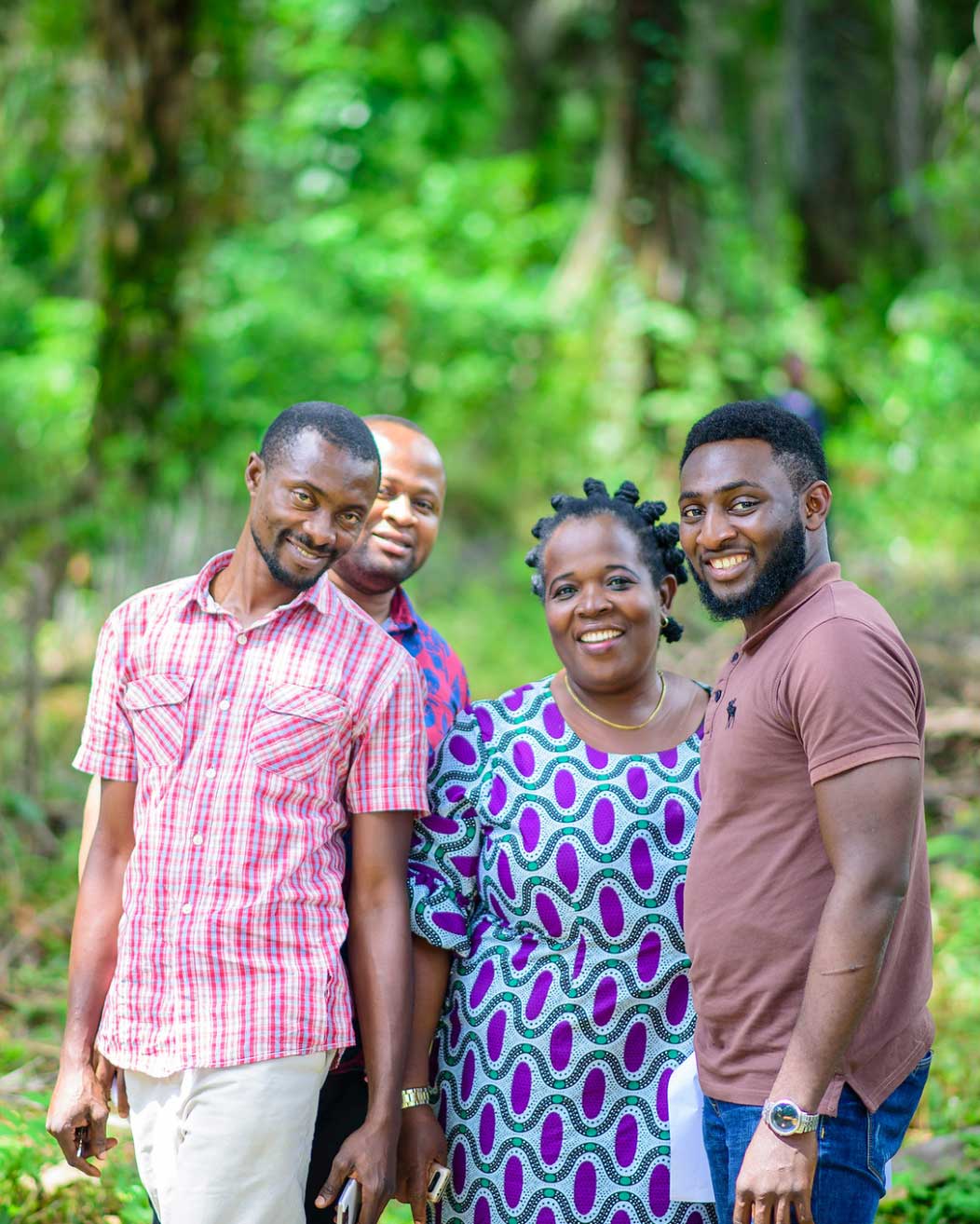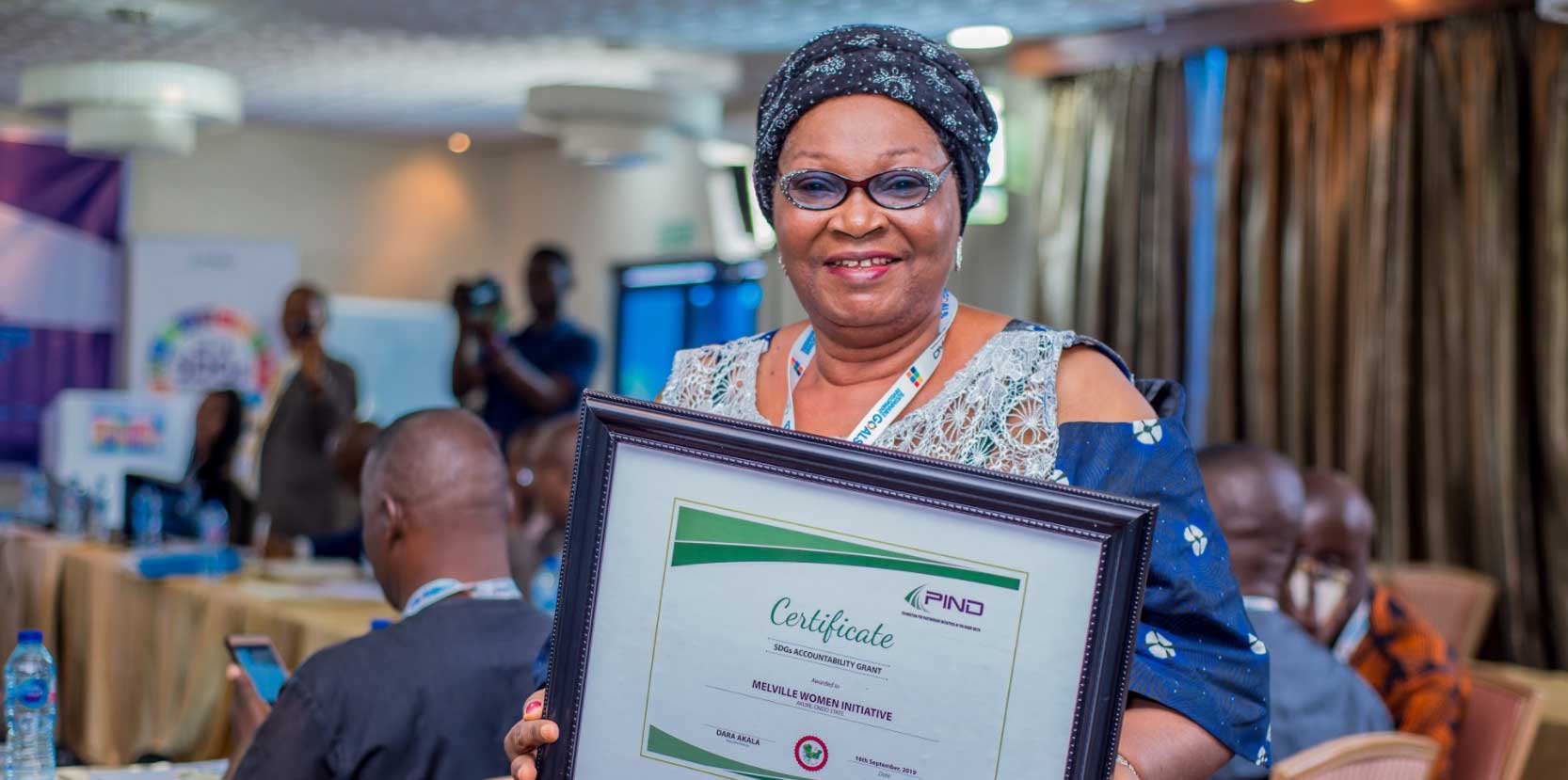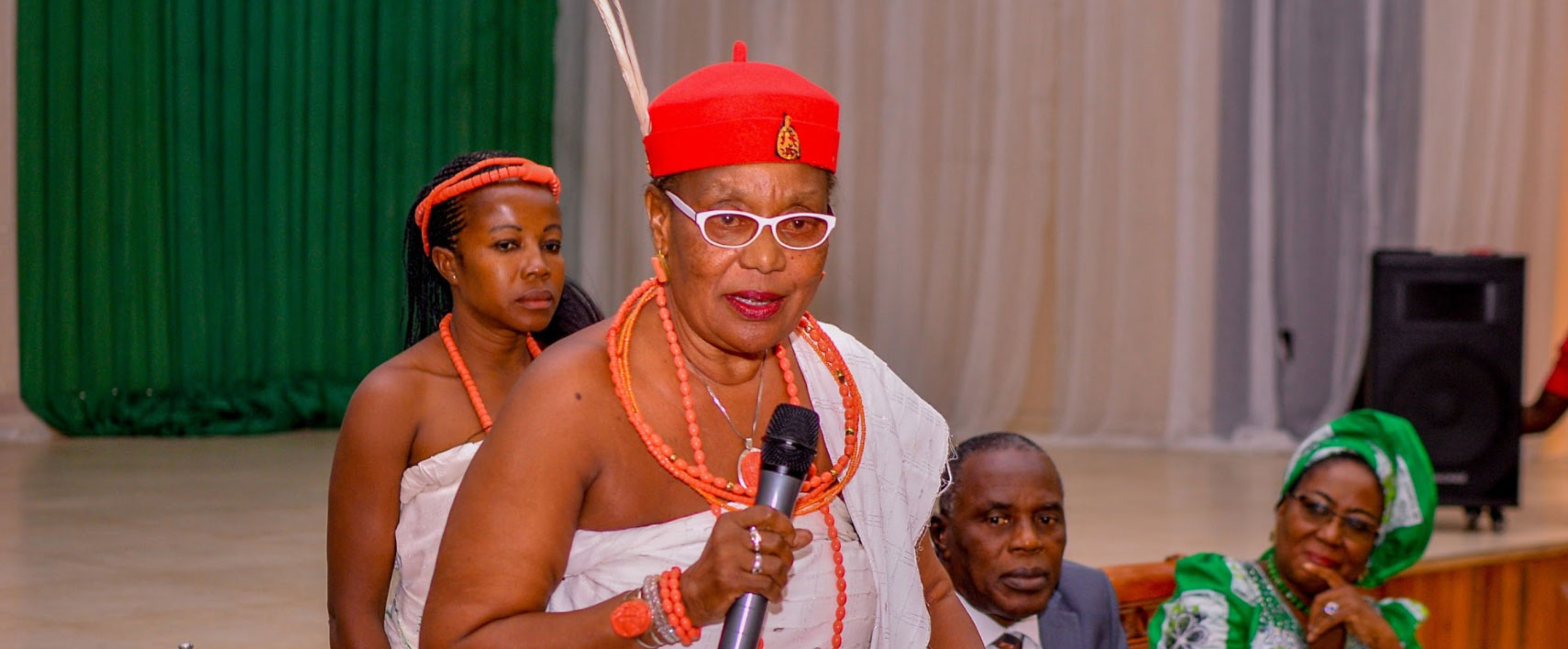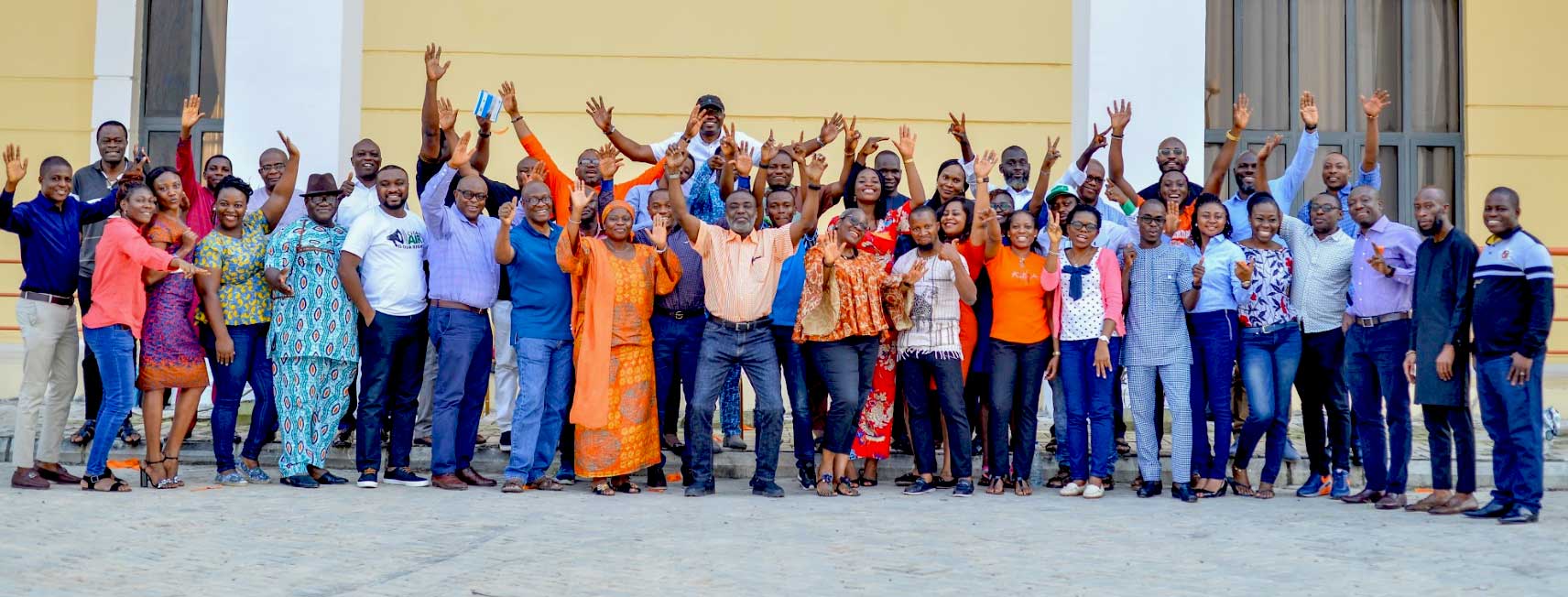Dear Partner,
2019 marked the end of our second five-year strategic funding phase and nine years of solid programming. And it has been an absolute privilege and honor to partner with you in these years to help change lives in the Niger Delta region of Nigeria - to take thousands of people from poverty to prosperity and communities from conflict to peace.
People are prosperous when they thrive and flourish, are able to meet their basic needs and live quality lives – this is what the Sustainable Development Goals requires us to do and what our work aimed at. Conflict is a threat to this prosperity. Peace and prosperity go hand in hand – and both are dependent on people who have the abilities to thrive and live up to their full potentials; people who have the opportunities, skills and will to drive economic development and stability, without forever depending on handouts and aids.
Over this strategic period, we have built on the foundation laid in our 2010 – 2014 funding phase and worked with firm resolution and grit to empower the region’s people - smallholder farmers, small enterprises, State governments, civil society, households and communities – with the skills, information, mindsets, tools, linkages, technologies and finance - to create economic prosperity and peace for themselves and live better lives, irrespective of gender, status, location, age or educational status. And we are proud of the remarkable impact that our partnerships with you have accomplished over the period - results that demonstrate that economic prosperity and peace can be achieved together in a sustainable way.
Smallholder farmers and agro-allied enterprises suffered drudgery from use of traditional technologies, and made poor returns because of wrong practices, weak market linkages and little or no business advisory services. Today, many of these farmers are using hundreds of over 10 varieties of modern agricultural technologies, have adopted best practices through business support, have netted a 10.3 billion Naira profit (from 6 million in phase 1) and created 20,788 new jobs (from 131 in phase 1) as a result.
Poverty can resurge and persist when enabling policies are not in operation. With our support, some State governments have produced new agricultural policies and long-term development plans to sustain and scale the productivity leaps.
Prior to our work, in as much as the region’s peace actors contributed to peace building in their communities, their efforts were isolated, and disjointed. Now, these actors are united into a strong and skilled network of over 9,000 members (from just 1,248 in phase 1) who have collectively dispelled over 700 grassroots conflicts that sustained businesses and still waxing stronger. Likewise, local civil society and business membership organizations’ efforts to contribute to development had yielded little prior to this period because of capacity gaps and siloed operations. But now, over 150 of them have gained life-long skills and accessed millions of funds to deliver quality development services to communities.
One standout success we are thrilled about is how, with the installation of solar energy cabins, some coastal ‘last mile’ communities in the region are enjoying clean un-interrupted electricity for the first time. A resident in the community said ‘’now that we have solar power, situations where you want to sleep but can’t because of the noise from your neighbors’ generator, that doesn’t happen anymore’’. In this report, we share many more standout achievements of our collective efforts during the phase.
Most of the ideals of the Sustainable Development Goals – no poverty, zero hunger, gender equality, decent work and economic growth, affordable and clean energy and others – are particularly important for the Niger Delta region and require urgent action. These past years, our program interventions facilitated actions contributing to 12 of the 17 goals. The SDGs are intertwined as action on one advances the others. In the detailed results on the pages of this report, we highlight how we contributed to progress across the ‘5 Ps’ that shape the SDGs: people, planet, prosperity, peace and partnerships.
Undoubtedly, we have gained our pride of place in contributing to reducing poverty in the region. But it is the involvement of partners like yourselves over these nine years that generated the 9.8 billion Naira of investments galvanizing the economic wealth, stability, technological progress and social wellbeing. And we thank you most sincerely.
In this period, we have learned lessons about what works and what does not work in the region – from our successes, and our challenges. And there is still a huge opportunity to apply these lessons to spread these economic benefits and lift more of the region’s people from poverty to better lives.
Together, in 2019, we charted our next journey into the 2020 – 2024 phase, with a renewed commitment to continue doing good – by addressing the significant needs of target agricultural sectors and their supporting eco-system of actors and communities - to unlock bigger economic potentials and bring us closer to our goal of ensuring a more prosperous and peaceful future for the Niger Delta. We count on your continued support.
Jeff Ewing,
Chairman, PIND Board of Trustees
Dara Akala,
Executive Director, PIND
Show less
